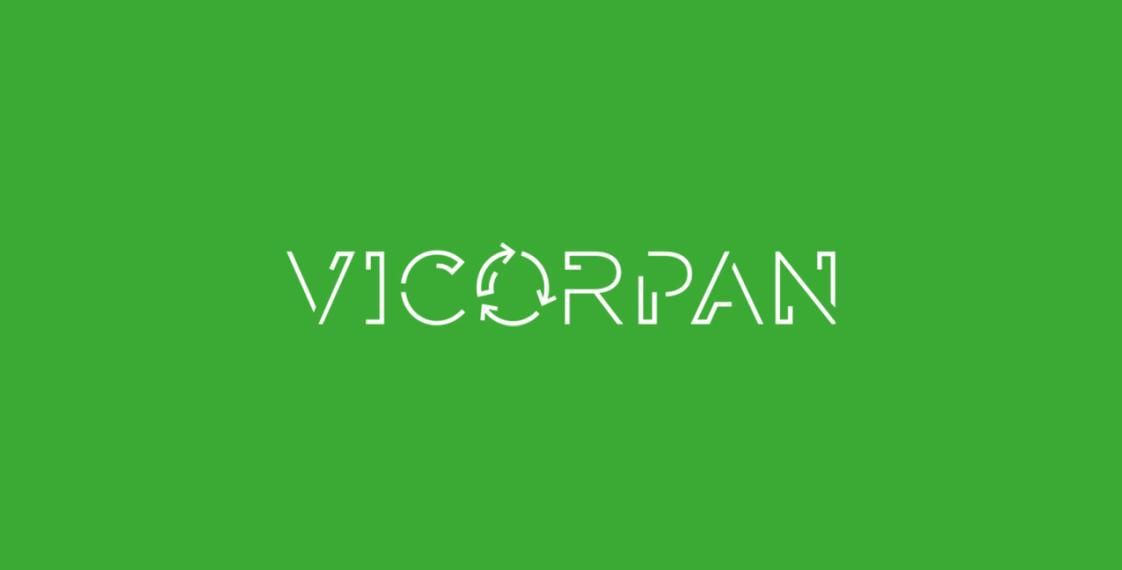Cold room polyurethane insulation panel: Epta participates in LIFE VICORPAN for the environment

Epta takes part in LIFE VICORPAN, a project co-funded by the European Union and aimed at increasing the efficiency and recyclability of refrigerated solutions for domestic and commercial use, reducing greenhouse gas emissions. The Group's commitment is reflected in the use of the new Vacuum Insulation Panels (VIP), developed as part of the initiative, for its products.
VICORPAN's goals for refrigerator disposal
Epta is collaborating with Cannon Afros – a company that is part of the Cannon Group and a world leader in supplying) dosing systems, mixing equipment, processing technologies and know-how for the thermal insulation of domestic and commercial refrigerators with polyurethane resin-based formulations – and with BASF Polyurethanes – a key player in VIP solutions based on open-cell foam.
Specifically, the goal come of LIFE VICORPAN is to reduce CO2 emissions and facilitate the recycling of refrigeration appliances that use vacuum insulation panels with open-cell foam, produced from natural and/or recycled materials such as polyurethane.
Cold room polyurethane insulation panel: advantages for commercial refrigeration
An innovation that enhances the sustainability of VIPs containing fiberglass currently used in the refrigeration industry, overcoming their limitations. In this way, the benefits offered by VICORPAN’s moulded open-cell polyurethane design are numerous:
- Greater flexibility of cabinet panels.
- A significant reduction in energy consumption in commercial refrigeration.
- Respect for the environment and people's health, both at the assembly stage and during the entire life cycle of the solutions, including their end-of-life recycling.
- Reduced weight, from 300 to about 50 g/m3 compared to the VIPs in use, in favour of a reduced carbon footprint and a better coupling between panels and polyurethane, guaranteeing more effective structural insulation of the counters.
The project will also test VIPs with organic porous fillers, such as rice husk, cereal straw and sugarcane bagasse, to measure their potential to reduce the carbon footprint, for a 100% natural solution.
The LIFE VICORPAN project is currently still in the pre-industrial, prototyping phase. Epta is proud to contribute to such an initiative, which is in line with its mission to enhance the energy efficiency and sustainability of its products.